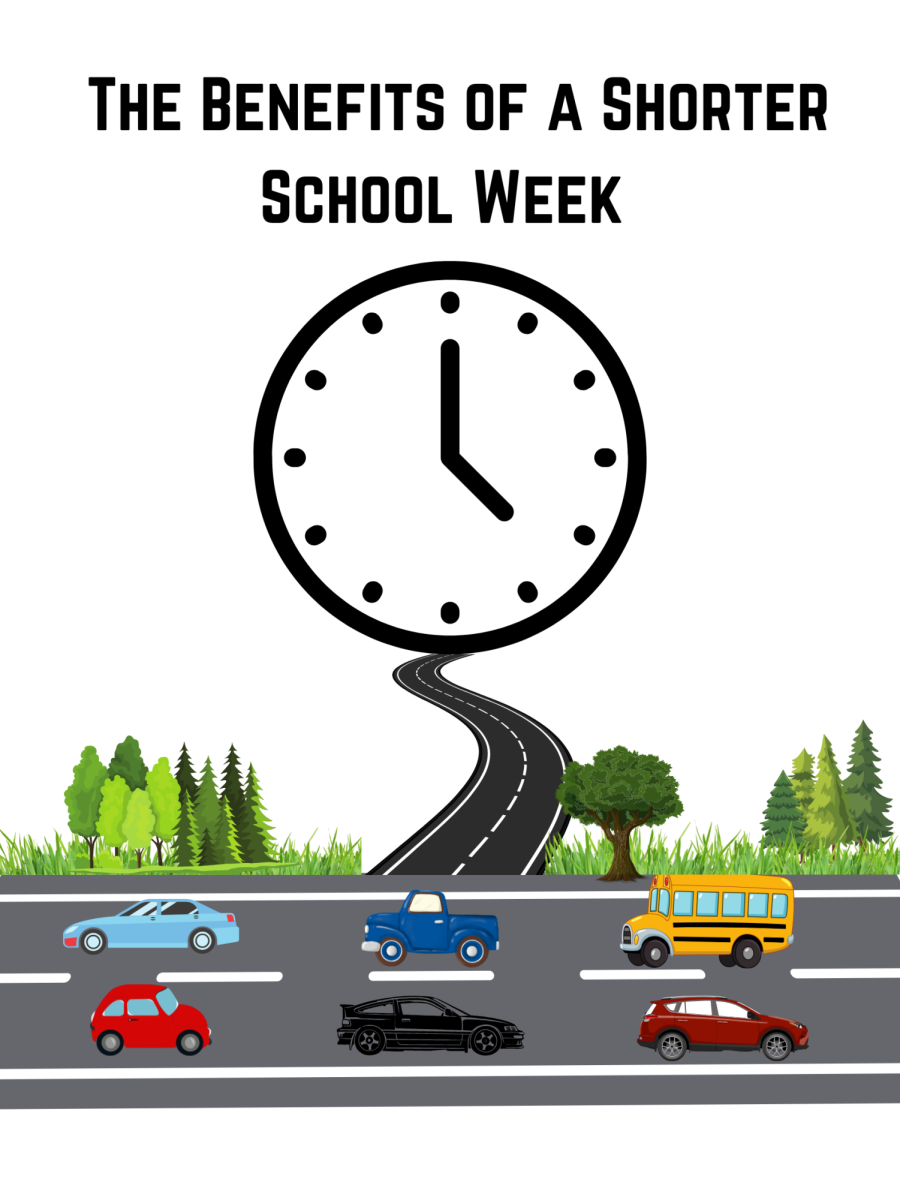The 26th Amendment to the United States Constitution sets a minimum age of 18 for voting in state and federal elections. Recently, people have advocated for the voting age to be lowered to 16 years old; however, many others believe that they are not mature enough or don’t have enough intelligence in politics.
According to The Hill, the majority of Americans are not in favor of lowering the voting age.
“Every age group in the poll was against lowering the voting age to 16 or 17,” The Hill reported of a survey conducted in 2019, “though younger respondents were more supportive than older participants.”
People who are opposed to lowering the voting age argue that 16 and 17-year-olds aren’t equipped to make stable voting decisions.
“Critics of lowering the voting age to 16,” PubMed Central.com reported, “have argued that such teenage citizens are not able or motivated to participate effectively in politics and that this both drives their turnout decisions and means that their electoral choices are of lower quality.”
Most teens don’t have a good perception of how the government works. As reported by Scholastic, less than half of American eighth-graders are skillful in civics, according to the 2018 National Assessment of Educational Progress civics assessment.
Additionally, young people’s brains are not fully developed and usually aren’t until their mid to late 20s.
While there is a group that believes the voting age should be lowered, most kids at the age of 16 are not mature enough to make such big decisions. Why take the risk of having kids vote?















